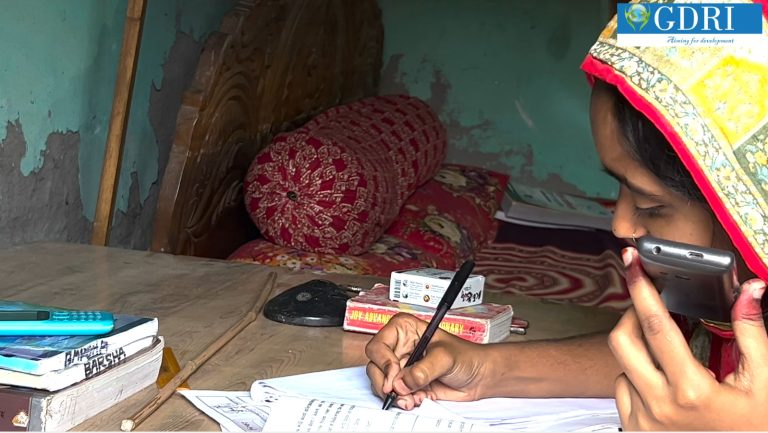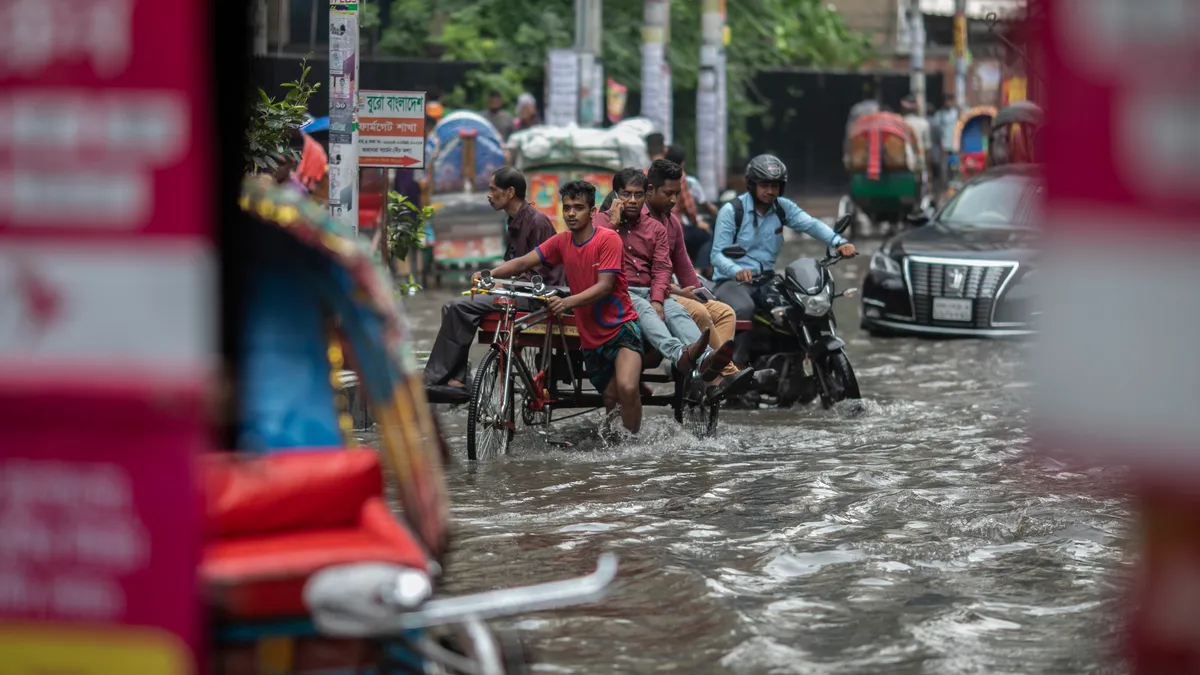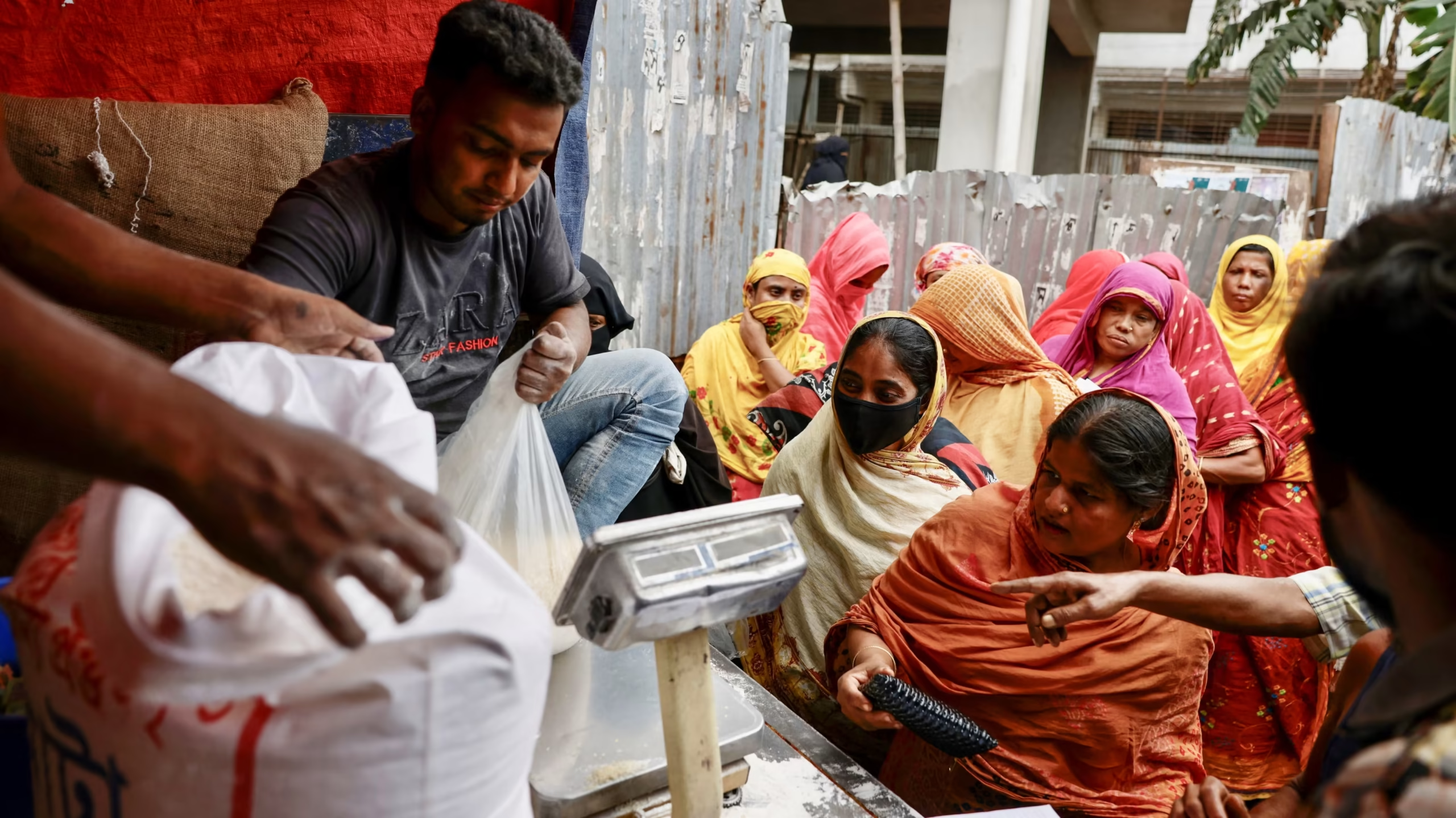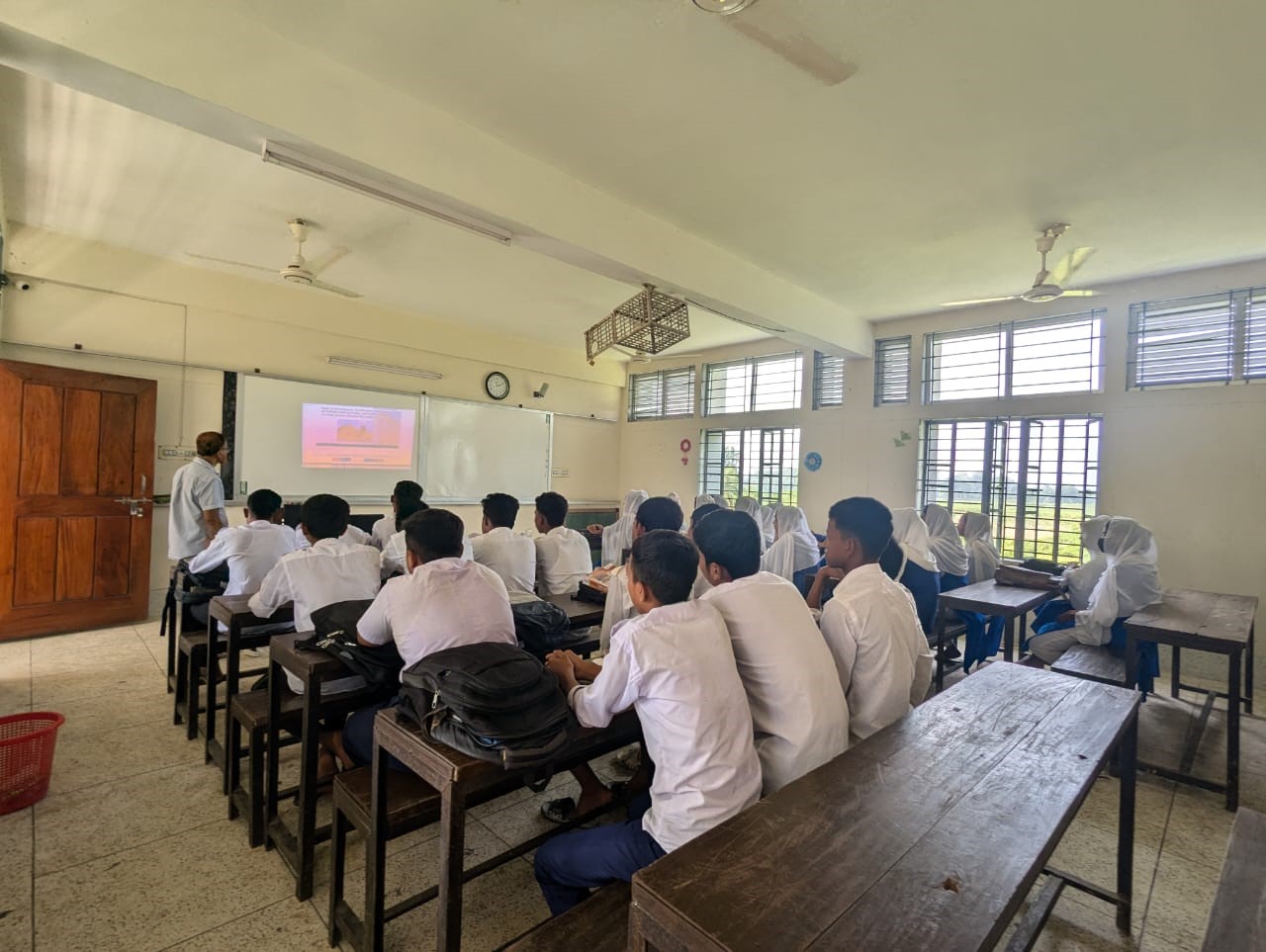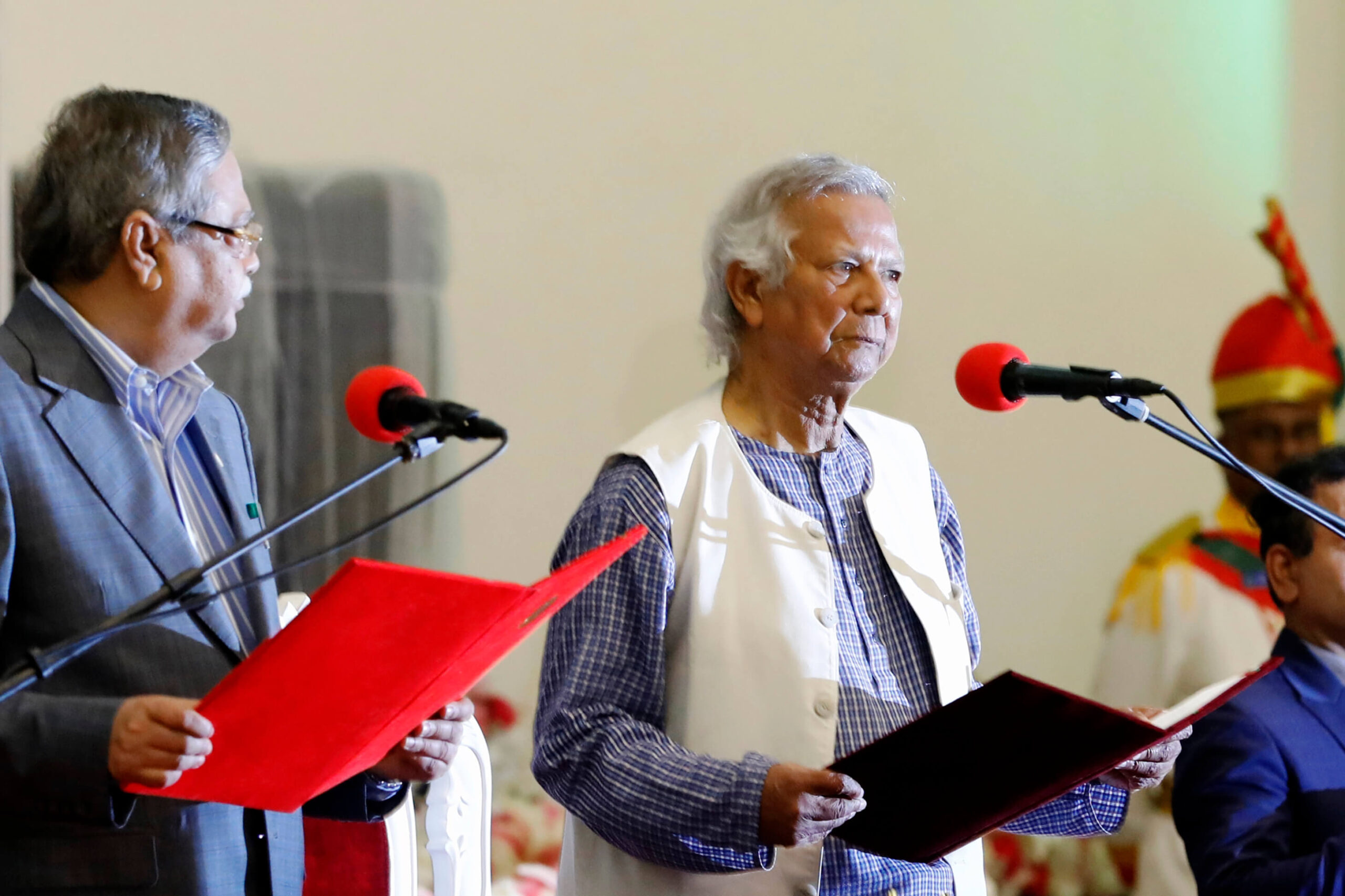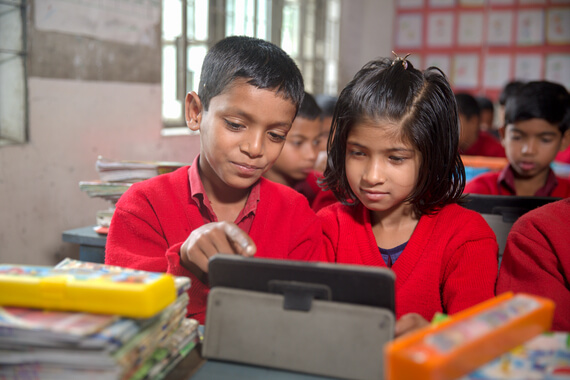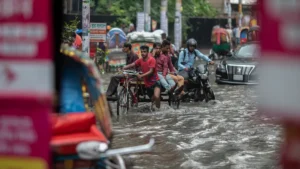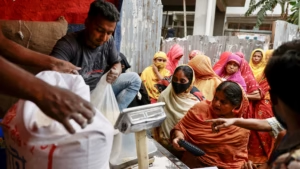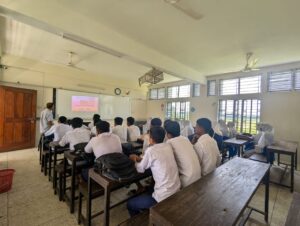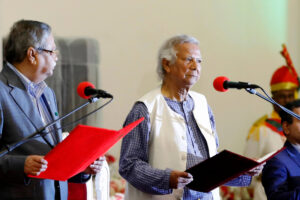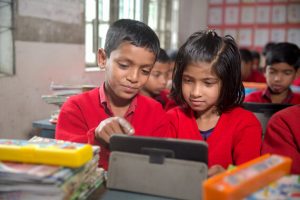Background:
Despite high school enrollment rates, learning outcomes in Bangladesh, especially in rural areas, are alarmingly low. Approximately 44% of students cannot read simple words after Grade 1, and half of the fifth-graders fail to meet grade-level proficiency in literacy and numeracy. This learning gap has been exacerbated by the COVID-19 pandemic, which caused an 18-month school closure, one of the longest in the world. This has particularly impacted grade 10 students, who face challenges due to difficult curricula, lack of parental support, and reduced preparation time for crucial public exams. To address these issues, innovative low-tech remote learning solutions are necessary.
Methodology: The study will implement an Interactive Voice Response (IVR) based toll-free system to deliver English and Mathematics lessons to SSC examinees in rural Bangladesh over nine months. The program will involve a 3-arm Cluster Randomized Controlled Trial (RCT) with 210 schools divided into three groups: a self-help group receiving IVR lessons, an assisted group receiving additional bi-weekly tutor calls, and a control group. The intervention will include 144 audio lessons, quizzes, and SMS reminders, leveraging high mobile phone penetration in rural areas to facilitate learning and improve educational outcomes. Data will be collected through baseline and endline surveys, and IVR usage data will be analyzed to evaluate the program’s impact.
Objectives:
- Improve students’ learning outcomes in English and Mathematics.
- Enhance educational aspirations and hope among students.
- Mitigate the adverse impacts of COVID-19 school closures on academic performance.
- Provide accessible remote learning opportunities using basic mobile phones.
Researchers:
- Prof. Asad Islam, Monash University
- Assoc. Prof. Liang Choon Wang, Monash University
- Hashibul Hassan, Jagannath University
Specific Role of GDRI:
- Conducting surveys
- Recruiting content creators and tutors
- Subcontracting the technology service provider
- Providing program-specific assistance and support
- Collecting and managing data throughout the study

